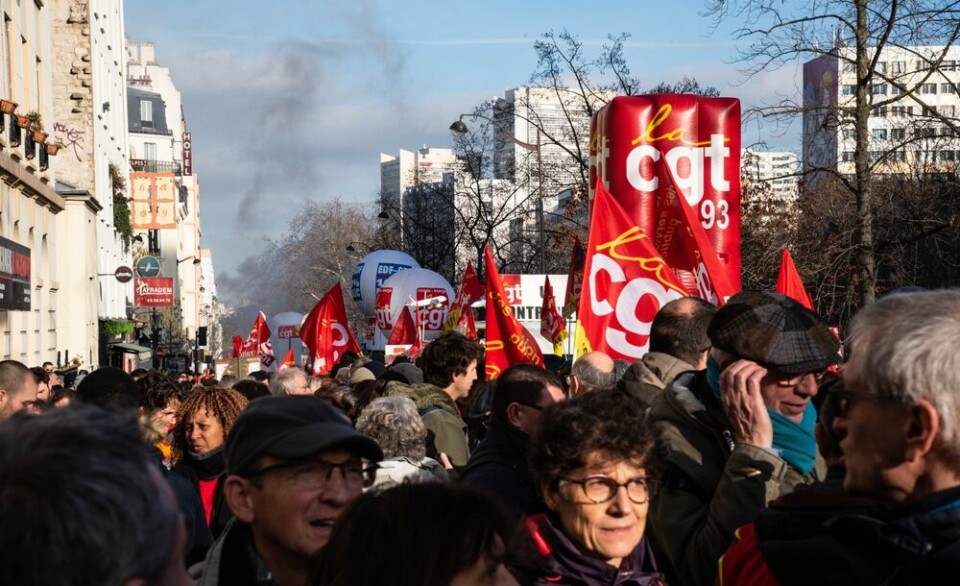Nicolas Sarkozy released from Paris prison after three weeks
Former president will remain free until appeal for original five-year sentence is heard
Mr Sarkozy was sentenced to five years in prison this September. He is pictured here receiving the verdict
ZUMA Press, Inc. / Alamy
Former French President Nicolas Sarkozy will be released from prison following an appeal from his lawyers, ending a three-week stint in jail.
He will be placed under judicial supervision until an appeal for his case is heard.
Mr Sarkozy was imprisoned on October 21 after being found guilty of corruption relating to Libyan funding of his 2007 presidential campaign. He was the first president of the Fifth Republic to be imprisoned.
The former presidentâs lawyers however filed a request for the president to be released until an appeal against the sentence is heard.
This is generally the case under French law, with people being released during the appeals process, often under a form of judicial supervision.
People are only incarcerated before an appeal if judges believe that allowing them to remain free would risk them fleeing the country or otherwise affecting the outcome of the case via witness or evidence tampering, or in rare cases when prosecutors demand it.
Mr Sarkozy was imprisoned immediately as prosecutors argued for âprovisional executionâ in the case.
A similar provision was used in the 2024 sentencing of far-right politician Marine Le Pen over embezzlement of EU funds, which means she is unable to run for any public office even when appealing the sentence.
Earlier, the public prosecutor (parquet général) argued the ex-president should be released and placed under judicial supervision until his appeal is heard in court, with a specific set of rules preventing Mr Sarkozy from entering into contact with several individuals related to the Libyan funding scandal.
He is also banned from contacting current Justice Minister Gérald Darmanin.
The public prosecutor argued that âthe extreme seriousness of the offenses and the severity of the sentence should not be taken into account⦠only the criteria of Article 144 (of the Code of Criminal Procedure) matter.â
states that pretrial (or pre-appeal) prison sentencing is an exception that can only be enacted under specific circumstances, none of which apply to Mr Sarkozyâs situation.
Heard via video-link from La Santé prison, Mr Sarkozy said earlier that he would conform with any requests for judicial supervision if freed.
The ex-president may return to prison to carry out his sentence following the outcome of his appeal if his sentence is not overturned.



























